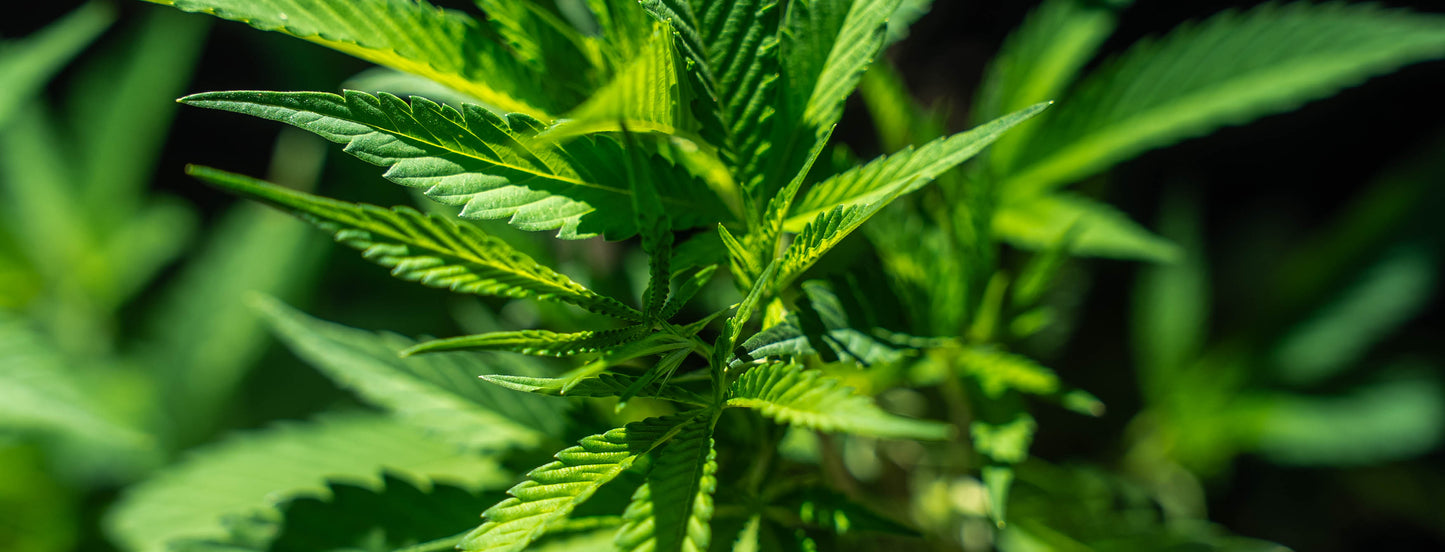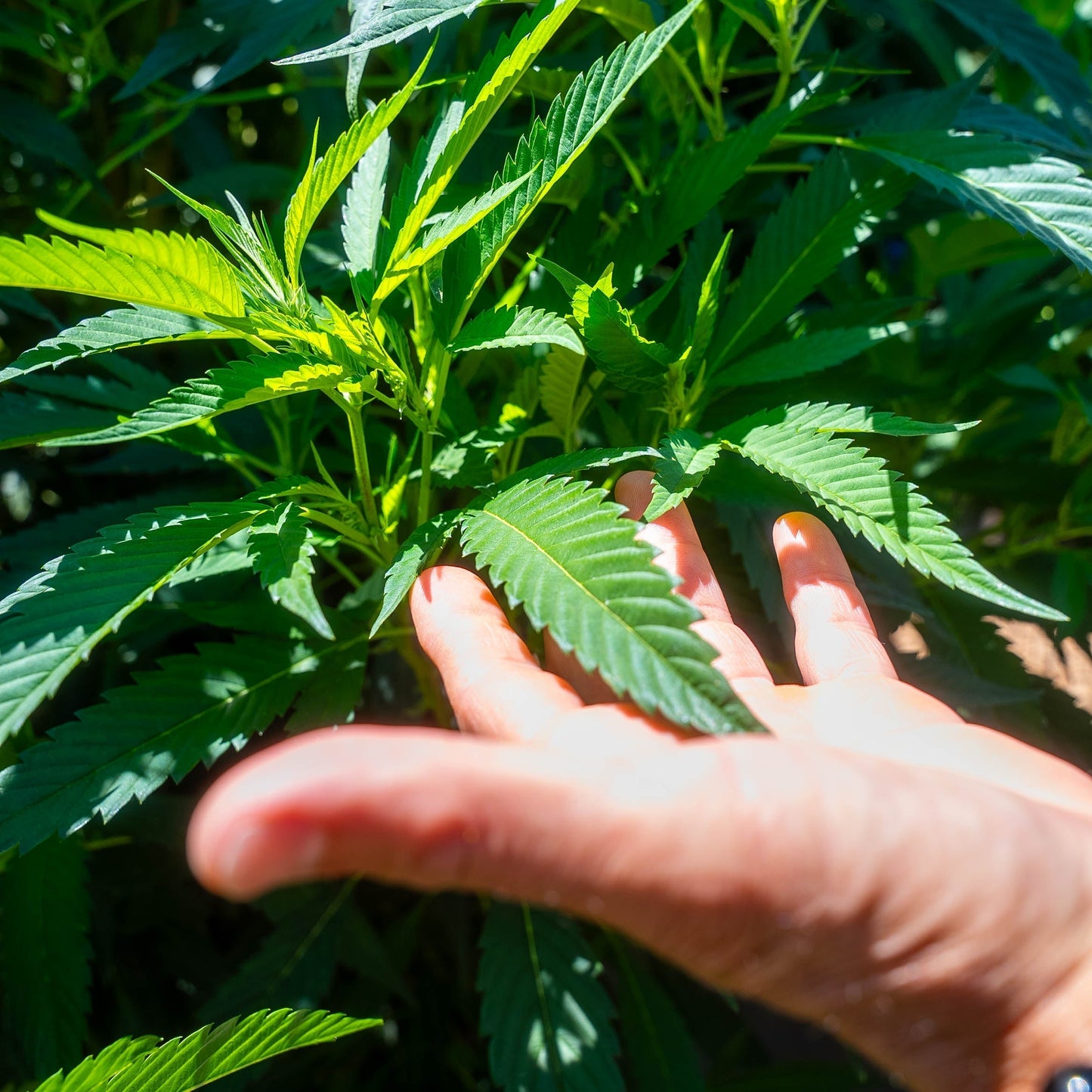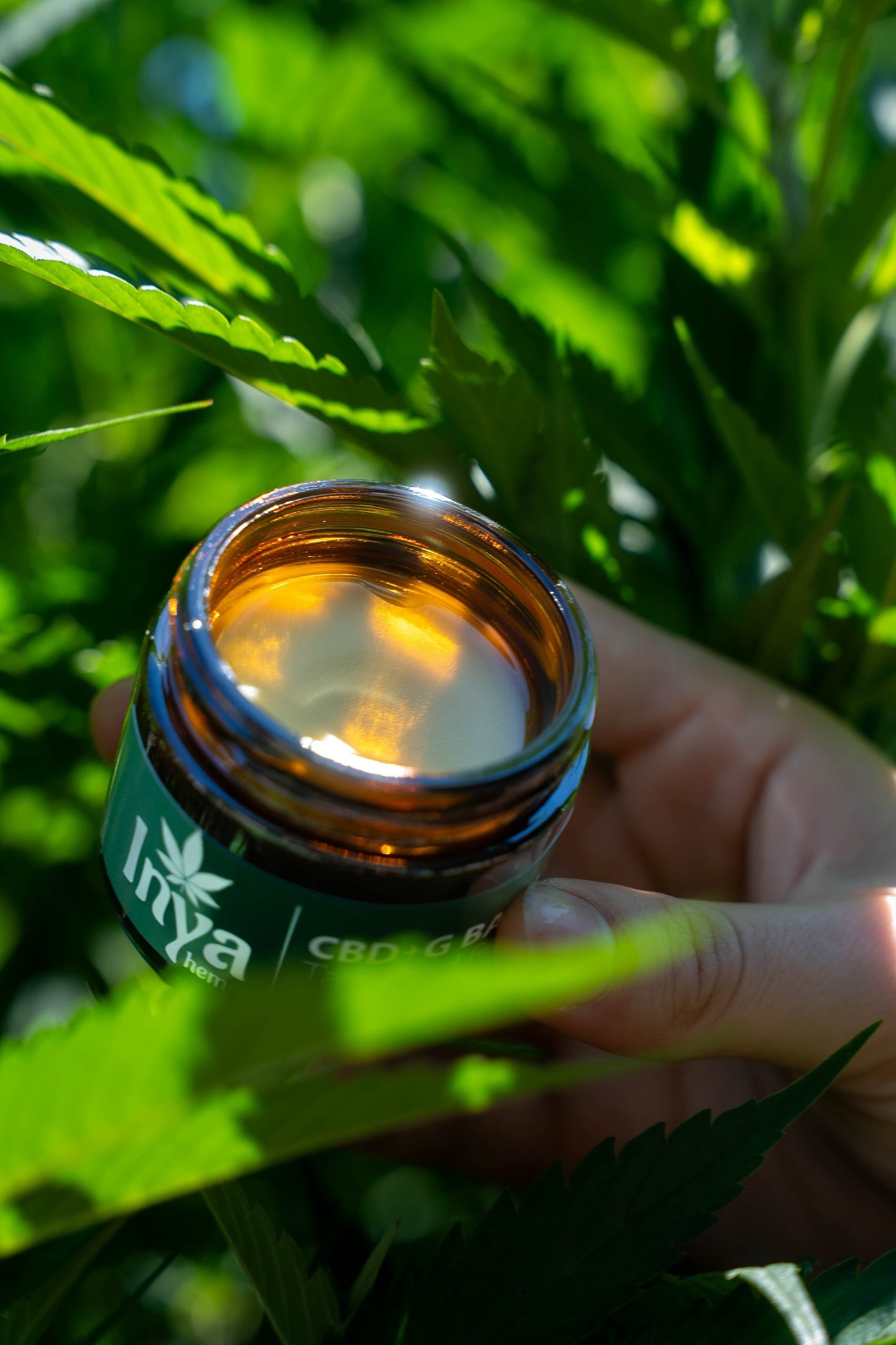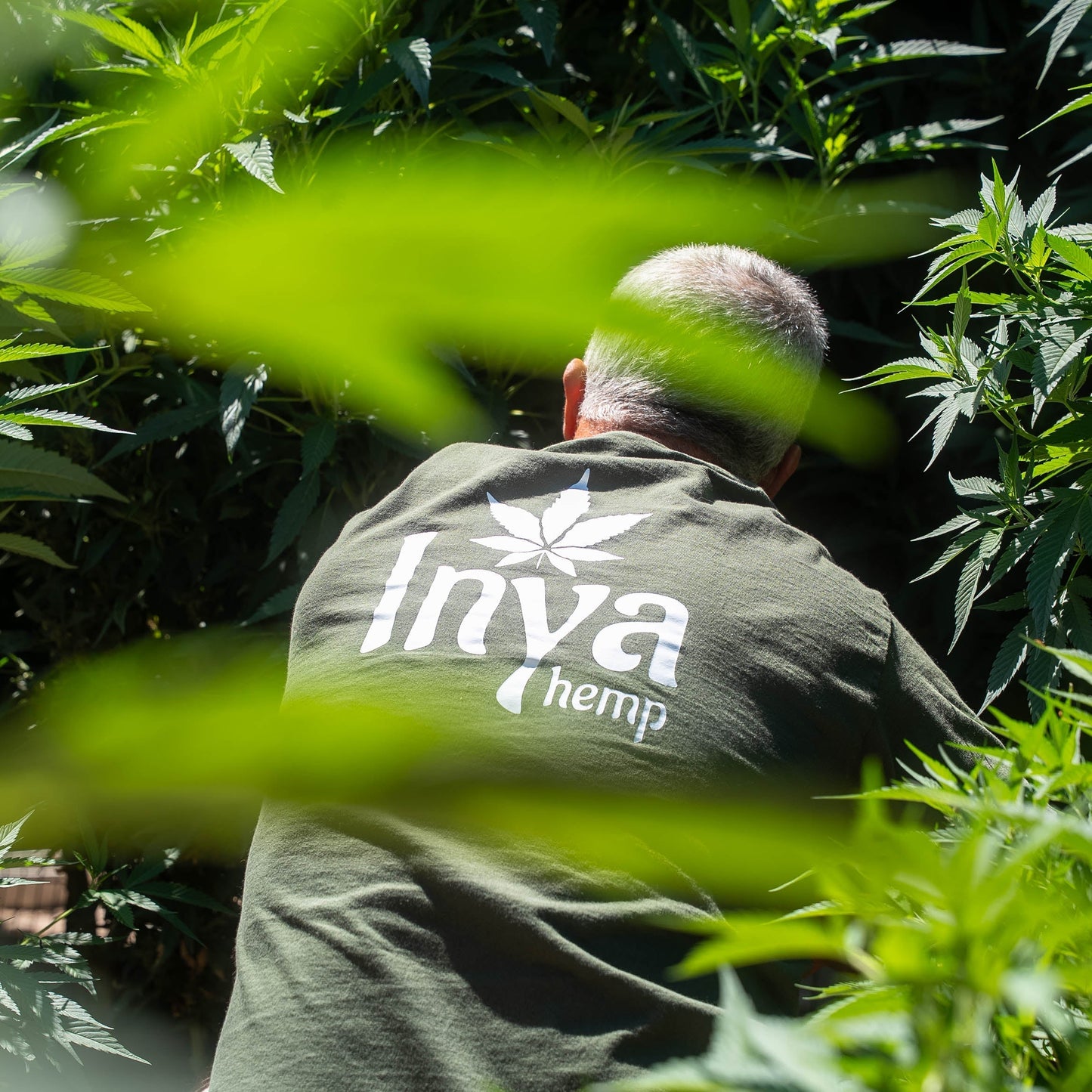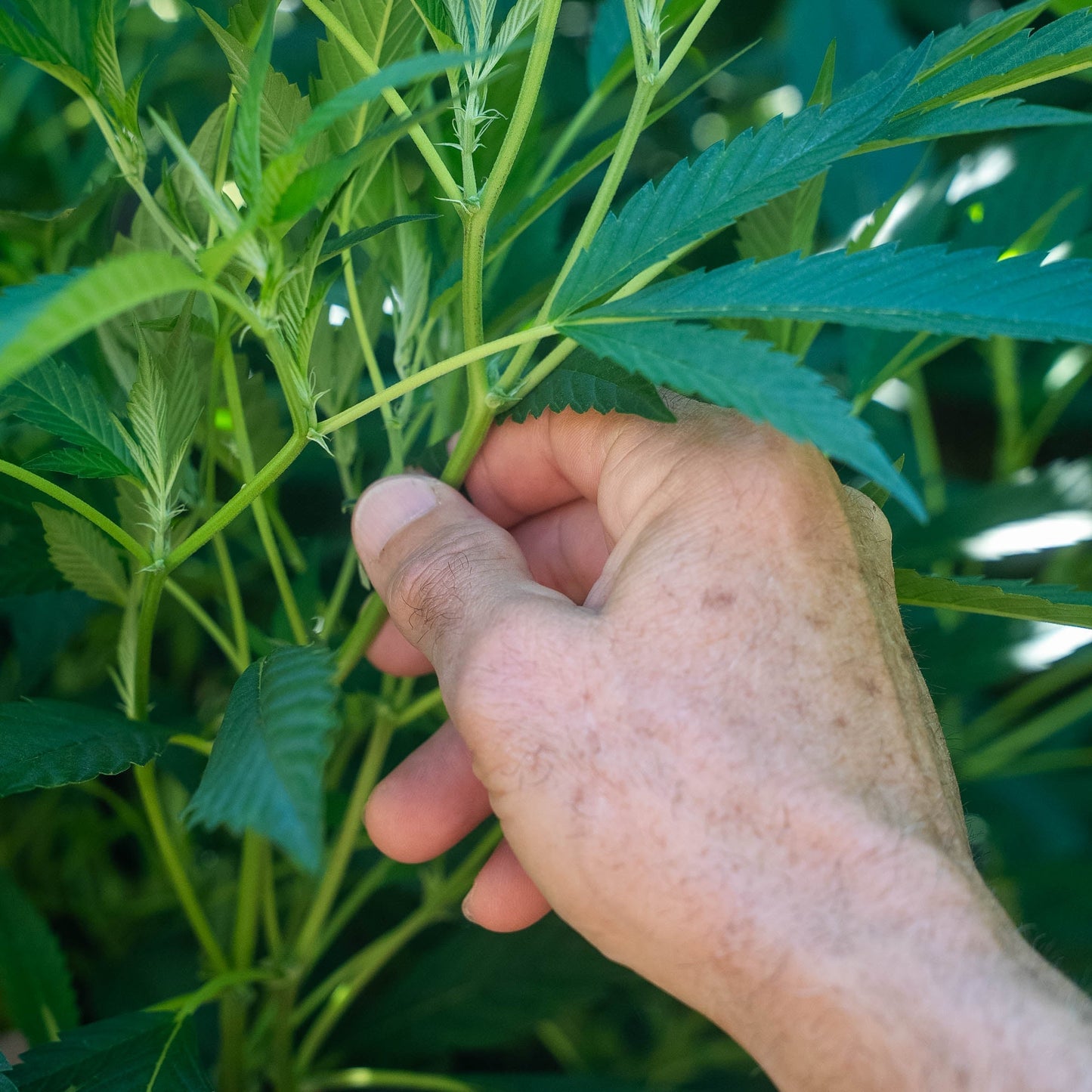Buy your Hemp Energy Gummies today and save!
CBG Energy Gummies: Clean, Focused Energy Without the Crash Looking for smooth energy and mental clarity? Learn how all natural,...
How CBG May Support Energy and Focus Naturally By InyaHemp Most people are familiar with CBD, but fewer know...
CBD in the Olympics: Why It’s Permitted and How It Helps Athletes By InyaHemp For the first time in...
What Is Full-Spectrum Hemp Extract? (And Why It Matters) By InyaHemp As the popularity of CBD and CBG continues...
How CBD and CBG Can Support Post-Workout Recovery By InyaHemp After an intense workout, your body craves recovery and...
Hemp vs. Marijuana: What’s the Difference? By InyaHemp The terms “hemp” and “marijuana” are often used interchangeably, but they...
What Is CBD? A Beginner's Guide to Cannabidiol By InyaHemp If you’ve spent time exploring natural wellness or plant-based...
What Is CBG? A Beginner's Guide to the "Mother Cannabinoid" By InyaHemp If you’re exploring plant-based wellness, you’ve likely...


